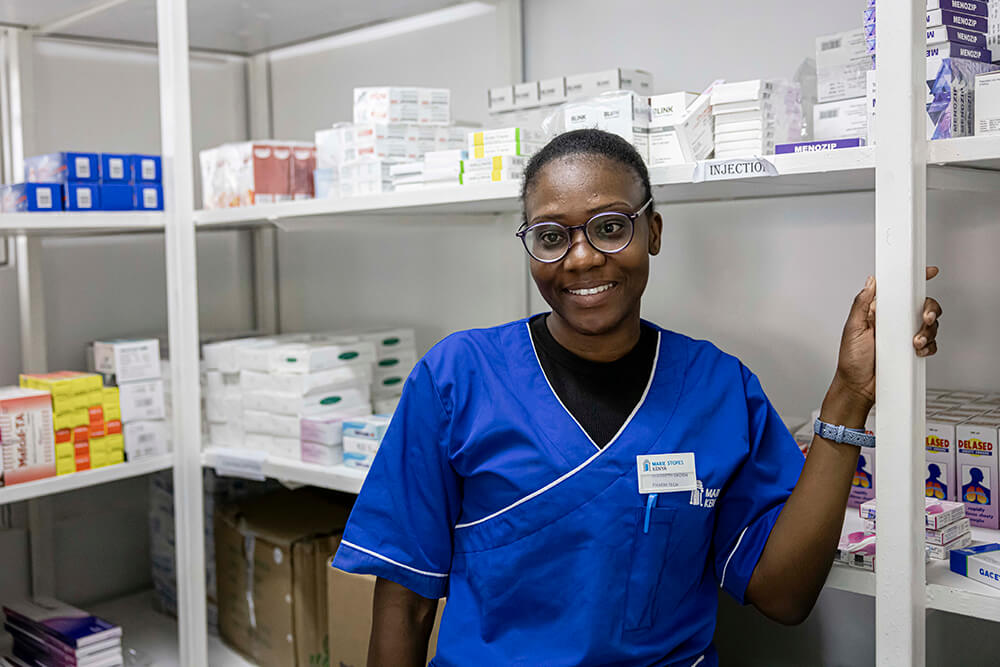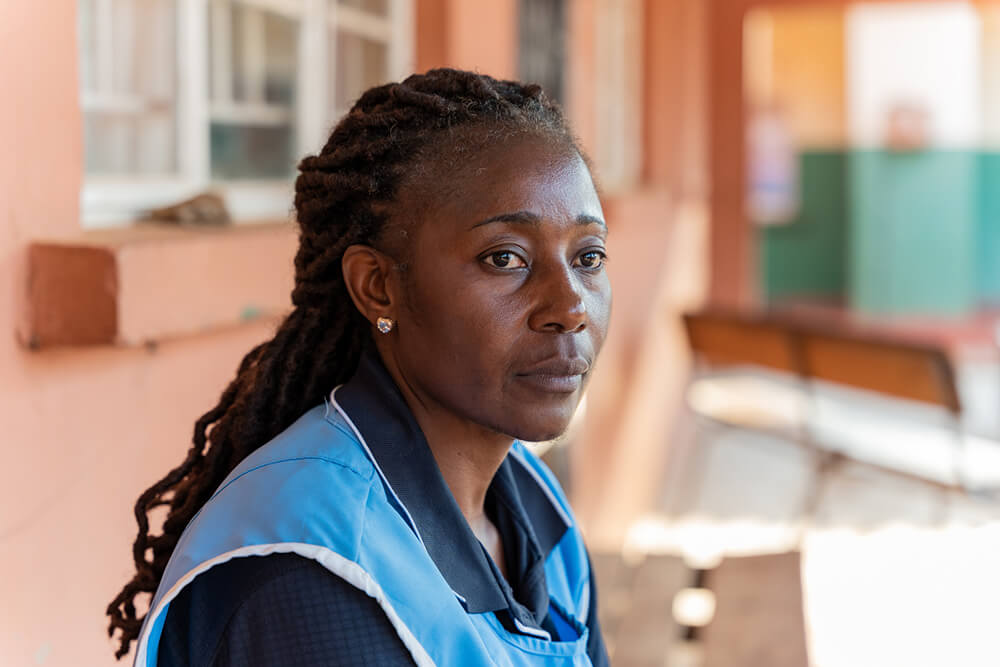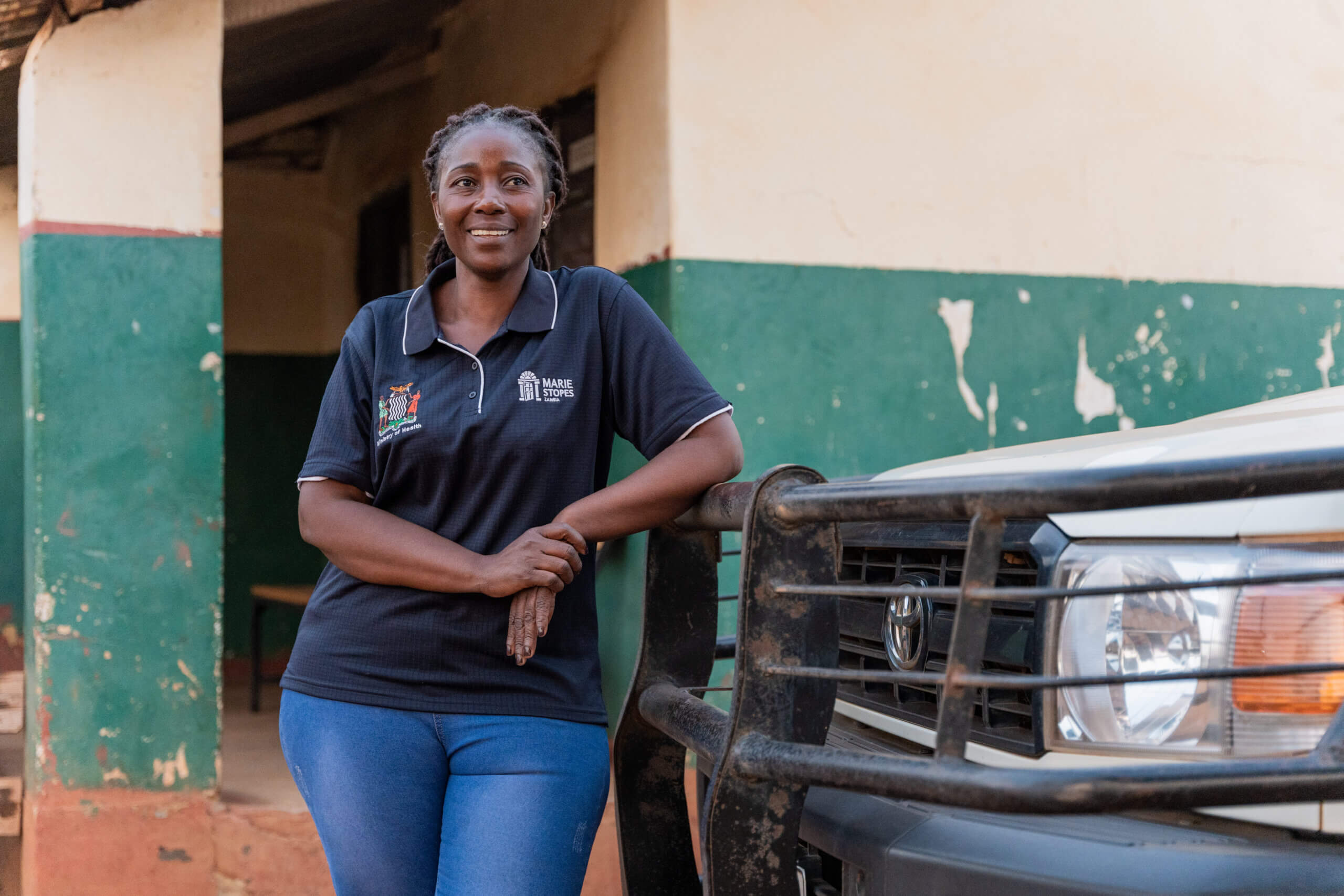The global need for reproductive healthcare
When women are denied access to sexual and reproductive healthcare, they, their families and communities experience the consequences. Despite the well-established benefits of contraception, 218 million women who want to avoid unintended pregnancies don’t have access. MSI focuses on serving these women.
Contraception brings opportunity
Our clients tell us that being able to decide if and when to become pregnant is crucial to achieving their life goals, whether that’s finishing school, pursuing a career, or taking care of the children they already have.
“My mother dropped out of school at age 19 and my two aunties did the same. They all experienced an unplanned pregnancy,” a client named Blessing told us in Nigeria. “My ambition is to finish secondary school, go to university and achieve my dream of becoming a lawyer. But I have to protect myself to see my dream come true.”
In each of the years between 2015 and 2019, nearly half of all pregnancies – about 121 million -were unintended. The problem continues today. For far too many women, a profoundly life-altering event isn’t her choice, and the consequences can be severe. Women who have unplanned births experience worse health problems and fewer opportunities in education and employment. With access to reproductive healthcare, women can prevent unintended pregnancies and have greater control over their lives.
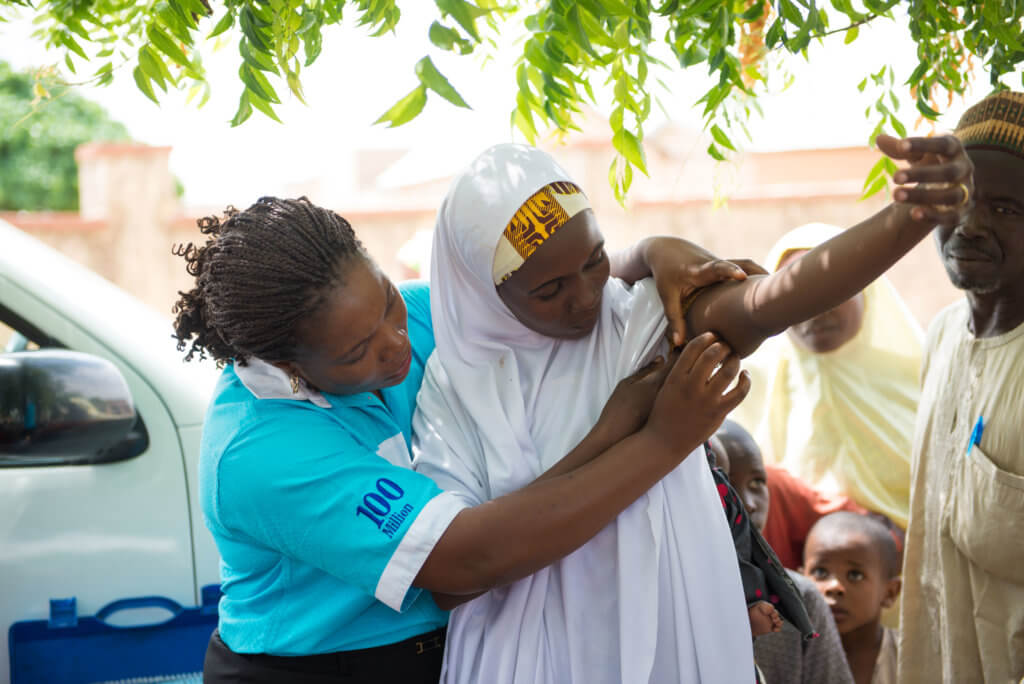
Safe abortion is life-saving
Women need access to safe abortion services to protect their the health and well-being, as well as their ability to make choices about their futures. But too often, restrictive laws and other barriers force women to turn to dangerous alternatives.
Caroline, an MSI team member from the UK, explained the importance of safe abortion care. “When women have an unplanned pregnancy, it puts their life on hold. We press the reset button for them. There is a big myth that women regret abortion, but in my experience most of the people that we see leave happy and relieved.”
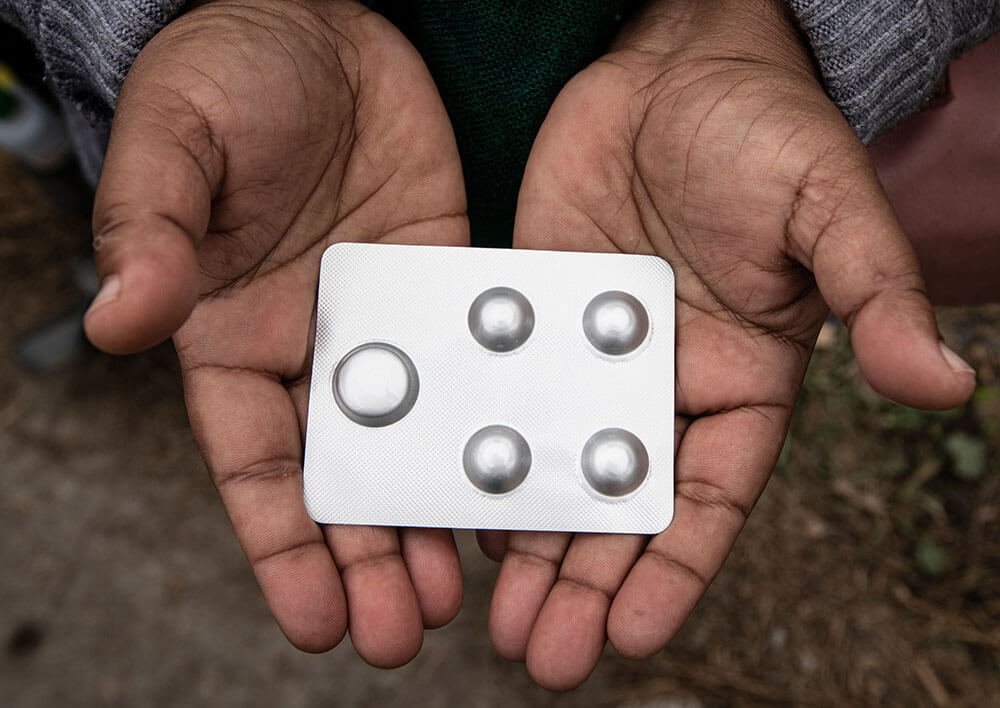
An alarming 45% of all abortions worldwide are unsafe. Unsafe abortion is a major cause of pregnancy-related death worldwide, as well as leaving millions of women with injuries each year.
When women do not have access to the reproductive healthcare they need, the consequences can be dire. “Nine years ago, I was working as a midwife and a 16-year-old girl was brought in almost unconscious,” said Angela from MSI Ghana. “We did a pregnancy test and it was positive. The doctor suspected that there was a perforation. She died that day of septic abortion.”
The dramatic effects of providing reproductive healthcare
According to Guttmacher, if all 218 million women from lower-middle income countries who have an unmet need for modern contraceptives were to begin using them, unintended pregnancies would drop by around 68%. This decline would reduce the number of unsafe abortions significantly, saving women’s lives.
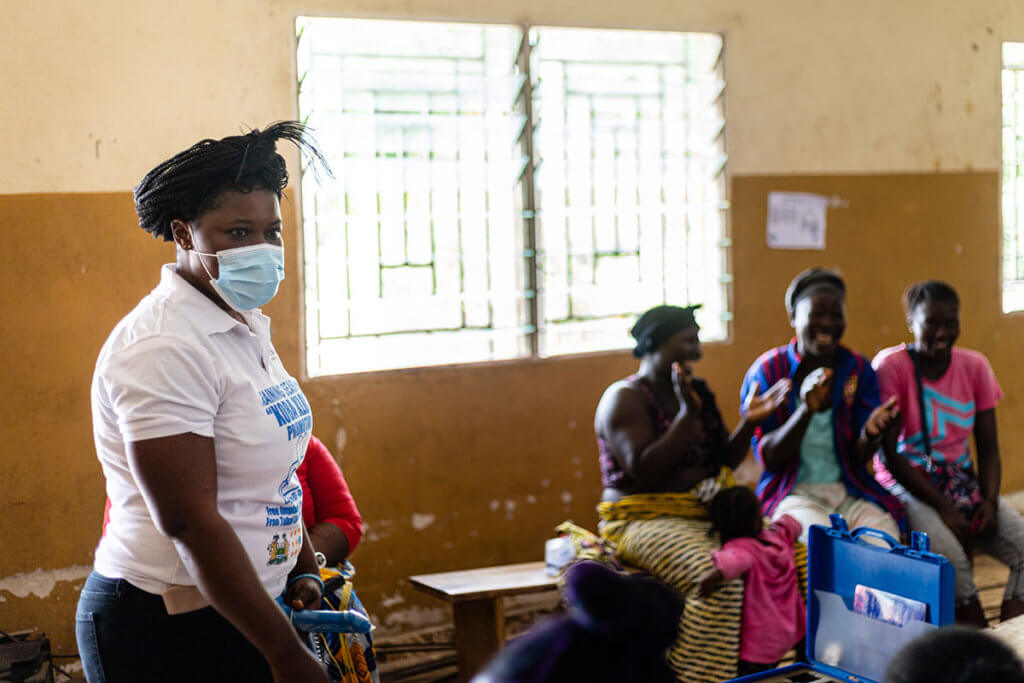
Ensuring women and girls globally receive the services they need is difficult. Anti-choice movements threaten the right to choose globally, physical barriers prevent services reaching women, and local taboos deter women from accessing reproductive rights. MSI is in a unique position to help women navigate these barriers, providing solutions to women from all backgrounds to access necessary sexual and reproductive healthcare.



